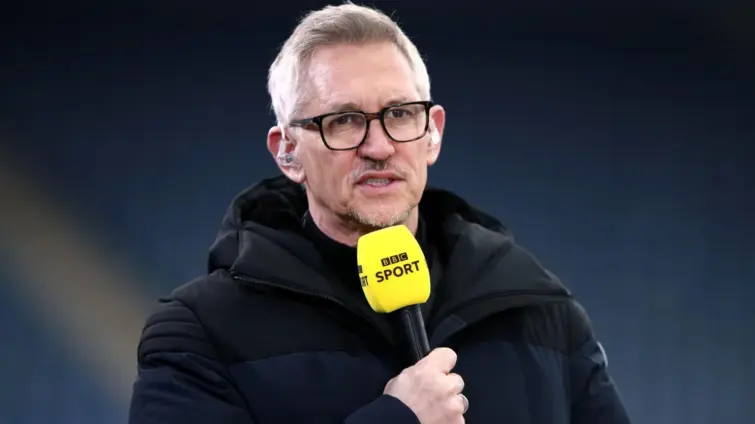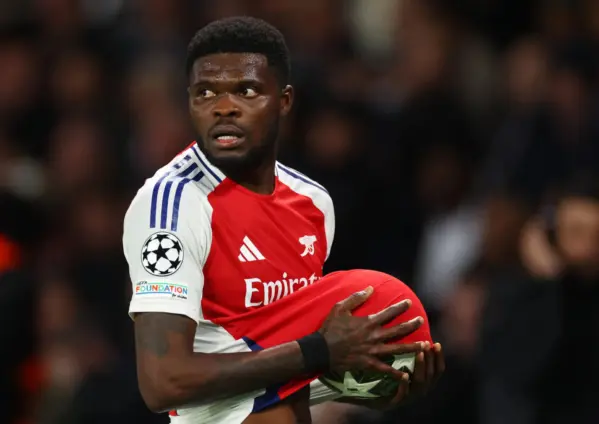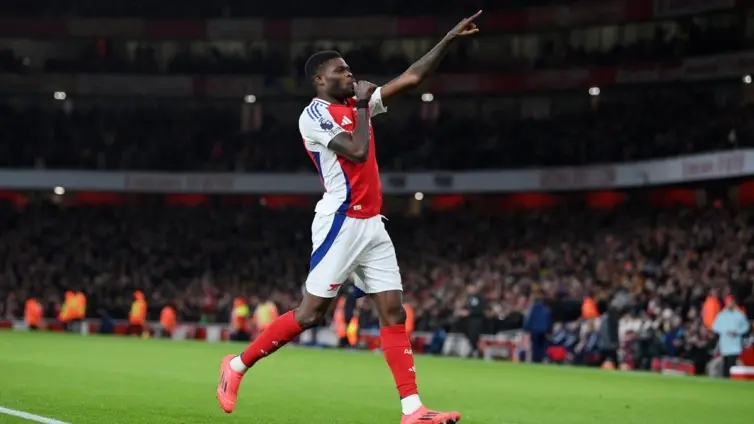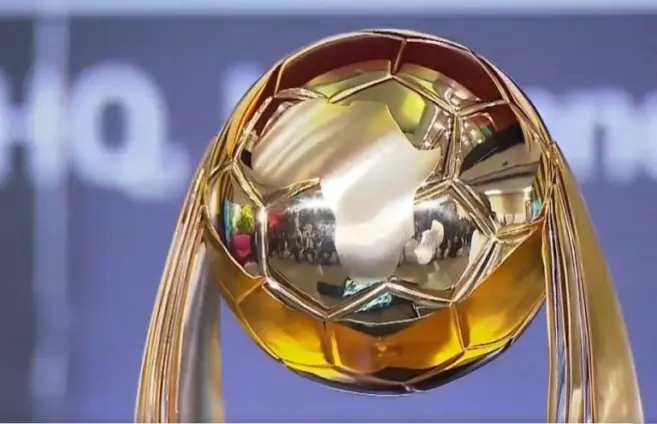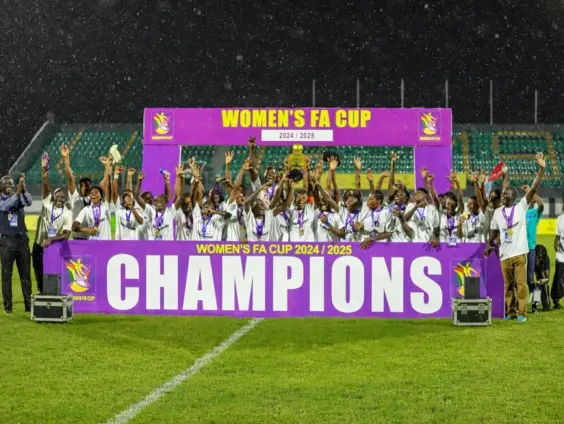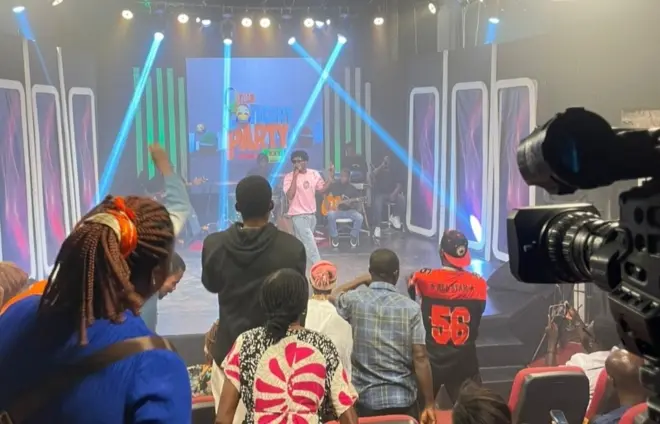The departure of Gary Lineker from the BBC marks the end of an era, but also the culmination of a growing tension between the broadcaster’s impartiality guidelines and its presenters’ social media activity. His exit follows a contentious social media post and subsequent fallout, as reported by the BBC’s culture and media editor Katie Razzall, bringing into sharp focus the challenges of navigating personal expression in the age of instant communication. The saga intensified further when reports, via the PA news agency, confirmed the ending of the Goalhanger podcast deal with BBC Sounds, adding a further dimension to the complex situation. Lineker, a mainstay of British broadcasting for decades, leaves the BBC amid an antisemitism dispute stemming from this social media activity. This blog post will explore the circumstances surrounding the Gary Lineker BBC exit, the sequence of events that led to it, and the ramifications for both Lineker and the BBC.
The Antisemitism Dispute and Social Media Post
The core of the controversy lies in a social media post shared by Gary Lineker. The post included an image of a rat, which was considered by many to be an antisemitic insult, due to its historical use as a derogatory symbol against Jewish people. While Lineker stated that he did not see the image, the post quickly drew criticism from various quarters.
In response to the backlash, Gary Lineker issued an apology and statement, attempting to clarify his position. “However, I recognise the error and upset that I caused, and reiterate how sorry I am. Stepping back now feels like the responsible course of action,” Lineker said. He also addressed the issue in an Instagram video, asserting that he would “never, ever have shared” the post if he had noticed the rat emoji embedded within it.
From the BBC’s perspective, the situation had become increasingly difficult. Director General Tim Davie explained the BBC’s decision in a statement: “Gary has acknowledged the mistake he made. Accordingly, we have agreed he will step back from further presenting after this season.” Katie Razzall, the BBC’s culture and media editor, further suggested that Lineker’s position had become “untenable” due to the breach of impartiality guidelines. The BBC faced a balancing act between supporting its talent and upholding its commitment to impartiality.
Lineker’s Legacy at the BBC
Gary Lineker‘s tenure at the BBC spans decades, most notably as the presenter of Match of the Day since 1999, succeeding Des Lynam. His affable style and deep knowledge of the game made him a beloved figure among football fans. “Football has been at the heart of my life for as long as I can remember – both on the pitch and in the studio,” Lineker reflected, highlighting the importance of the sport to his identity and career. Initially, plans were in place for Lineker to continue his work on the FA Cup and World Cup coverage, but those plans were subsequently altered.
The news of Lineker’s departure prompted reactions from colleagues and viewers alike. Alan Shearer, a frequent Match of the Day pundit, simply said, “Thank you for everything.” BBC Sport director Alex Kay-Jelski sent a message to staff acknowledging the “difficult and emotional week”, further underlining the impact of the situation within the BBC’s sports division.
This isn’t the first time that Lineker’s social media activity has caused friction with the BBC. In 2023, he was temporarily suspended due to impartiality concerns over comments he made regarding the government’s asylum policy. He was also involved in an open letter urging the BBC to reinstate a controversial documentary about Gaza, demonstrating his willingness to engage in political and social issues, even at the risk of criticism. These prior incidents contextualize the BBC’s decision to part ways with Lineker following the latest antisemitism dispute.
The Broader Implications and Future
The Gary Lineker BBC exit raises broader questions about the role of impartiality in broadcasting, especially in the age of social media. As Roger Mosey, the former director of BBC Sport, noted on Radio 4’s Today programme, “you can’t both be the highest paid presenter and be a social media activist”. Mosey’s sentiment encapsulates the tightrope that public figures must walk when balancing their personal views with their professional obligations.
Beyond his broadcasting career, Lineker co-founded Goalhanger Podcasts, a venture that enjoyed a licensing deal with BBC Sounds. However, in the wake of the controversy, that deal came to an end, further affecting Lineker’s professional landscape. The implications extend beyond his immediate BBC role, impacting related business partnerships.
The future remains uncertain for both Lineker and the BBC. Speculation is rife about Lineker’s next career move, with potential opportunities in streaming or other media ventures. Meanwhile, the BBC faces the challenge of finding a suitable replacement for one of its most recognizable faces, and further defining its approach to presenters’ social media use.
Conclusion
Gary Lineker‘s exit from the BBC signifies more than just the departure of a popular presenter; it represents a collision between personal expression, social media conduct, and the BBC’s commitment to impartiality. The antisemitism dispute acted as the catalyst for his departure, impacting both Lineker’s career trajectory and the BBC’s broadcasting landscape. The end of Gary Lineker’s BBC tenure prompts reflection on the evolving relationship between public figures, social media, and the institutions they represent. What are your thoughts on this situation?
Image Source: MYJOYONLINE

